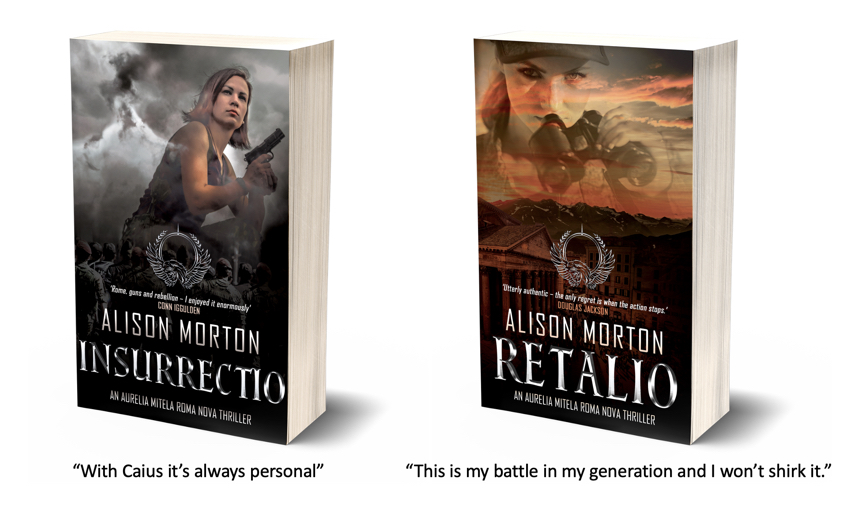Seeing this title, many people immediately think of the Second World War in Europe – the fall of France in 1940, the harsh German occupation, the bravery of the resistance and the Allied liberation in 1944/45. In the Far East, it was as brutal, but in a different context. Life under occupation for most people range from difficult to lethal, but it was characterised by deprivation, impoverishment and loss of personal and collective freedoms, including of expression.
But these cycles have occurred throughout history. Some would say Julius Caesar’s conquest of Gaul, its occupation by Rome over hundreds of years, ongoing rebellion and uprising and eventual collapse of Roman Gaul which led to freedom, albeit a freedom that was consumed by war and land grabs by newer conquerors and a loss of stability and relative prosperity.
Going back to the twentieth century, Hitler and Mussolini were defeated, but in Spain Franco stayed in power after a bitter civil war from the end of that war in 1939 until his death in 1975. Although seeming to become a modern European country in the 1960s and early 1970s via a pragmatic military alliance with the US, industrial renewal and the opening up to mass tourism, Spain retained its authoritarian, fascist nature – the ‘iron hand in the velvet glove’ – until the new 1978 constitution and the thankfully peaceful transition to constitutional monarchy and democracy.
Portugal endured nearly a half-century of authoritarian rule: first a dictatorship following the 1926 coup d’état, then from 1933, the ‘Estado Novo‘ (New State) ruled by António de Oliveira Salazar with all the trappings of dictatorship including the notorious secret police (PIDE) until 1968, when he had a stroke. Salazar was replaced by Marcello Caetano, who was deposed during the ‘carnation revolution’ of 1974. It was the end of the Estado Novo (the longest-lived authoritarian regime in Western Europe), and the dissolution of the Portuguese Empire. The NATO countries had tolerated the fiercely anti-communist regime out of realpolitik when the Cold War was at its height.
Being frivolous for a moment, the military coup that started the Portuguese revolution had two secret signals to begin. The first, aired on Emissores Associados de Lisboa at 10:55 p.m. on 24 April was Paulo de Carvalho’s “E Depois do Adeus” – Portugal’s entry in the 1974 Eurovision Song Contest!
The two late 20th century liberations from brutal regimes were relatively peaceful, but the 1940s one was hard won – a war of invasion and attrition involving hundreds of thousands of fighters, galactic amounts of military matériel and crushing debt for decades afterwards. Lives were ruined, dreams shattered and countries devastated and new forms of dictatorship overtook the eastern part of Europe with the cycle repeated.
Many films and books emerged in the 1950s and 1960s based on events from the Second World War conflict; they continue to hold a fascination for a new generation of writers today. Moreover, stories set in the former Eastern Bloc in Europe, for instance, the Karin Müller detective series, are becoming very popular. We’re particularly interested in the stories of individuals’ personal resilience, endurance and resistance.
These essential themes have been highlighted not only in historical fiction, but in imaginary genres, as we see in Game of Thrones, Harry Potter and Star Wars. It’s a way of exploring how we might feel and act in such circumstances. Would we keep our heads down and try to ignore things, be realistic and work with the regime or would we commit small acts of sabotage or resist the occupation actively with the terrifying and highly likely risk of imprisonment, torture and death?
I found myself wondering the same as I wrote INSURRECTIO – the story of a power-grab and establishment of a brutal, fascistic regime in the 1980s – and RETALIO – about endurance, resistance and determination to liberate a homeland. Although set in the imaginary Roma Nova, these were not easy books to write. Even though I was experiencing terror, brutality, sacrifice and outstanding courage at second hand, as the child of parents who fought in the Second World War against tyranny and repression, I felt I needed to.
———
If you would like to read about the 20th century power grab in Roma Nova and the story of resistance and retaliation, you can download the ebooks of INSURRECTIO and RETALIO via these links and order the paperbacks online or through your favourite bookshop. (INSURRECTIO paperback) (RETALIO paperback) 
Alison Morton is the author of Roma Nova thrillers – INCEPTIO, CARINA (novella), PERFIDITAS, SUCCESSIO, AURELIA, NEXUS (novella), INSURRECTIO and RETALIO, and ROMA NOVA EXTRA, a collection of short stories. Audiobooks are available for four of the series. Double Identity, a contemporary conspiracy, starts a new series of thrillers.
Download ‘Welcome to Alison Morton’s Thriller Worlds’, a FREE eBook, as a thank you gift when you sign up to Alison’s monthly email newsletter. You’ll also be among the first to know about news and book progress before everybody else, and take part in giveaways.















Leave a Reply